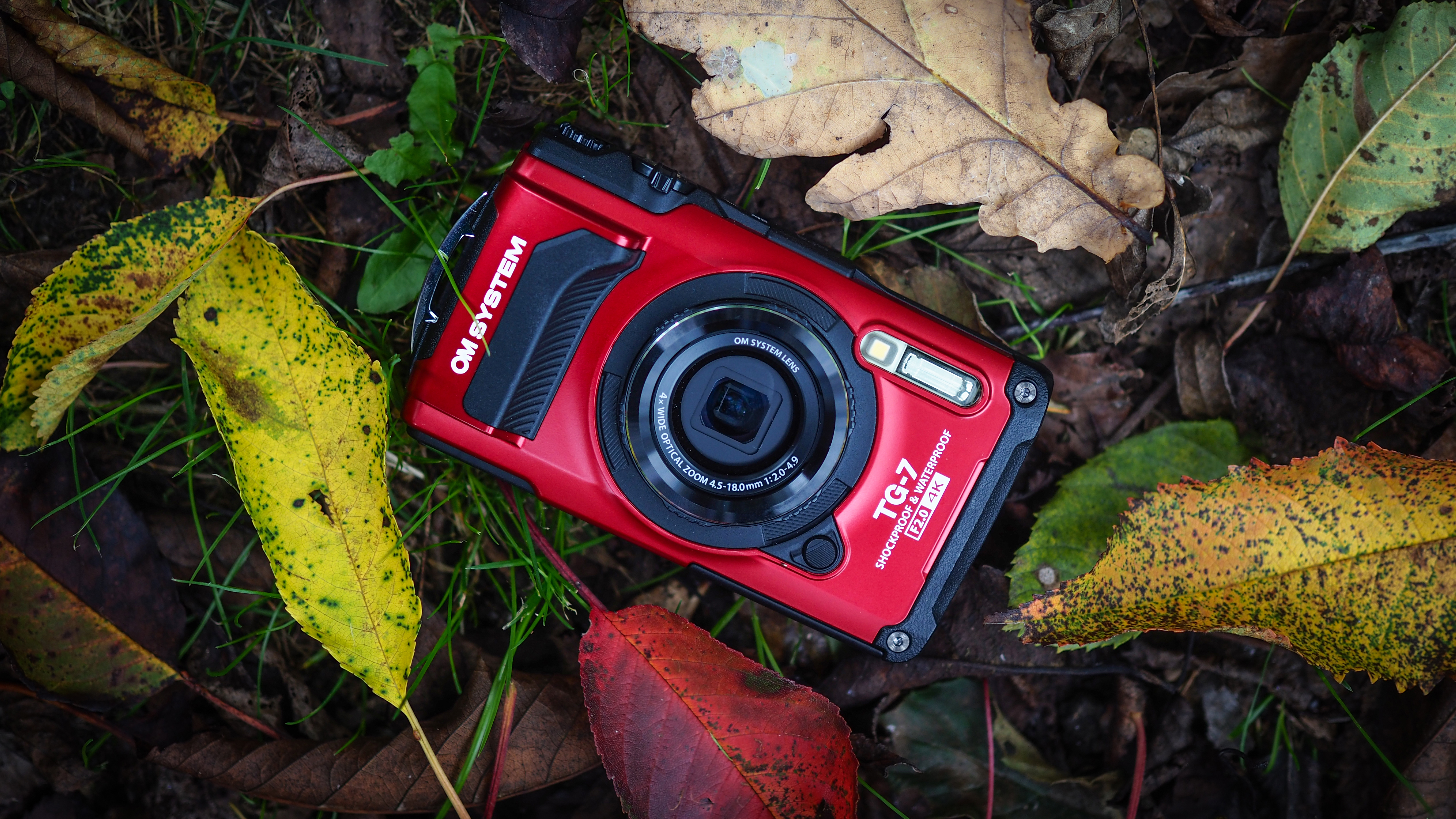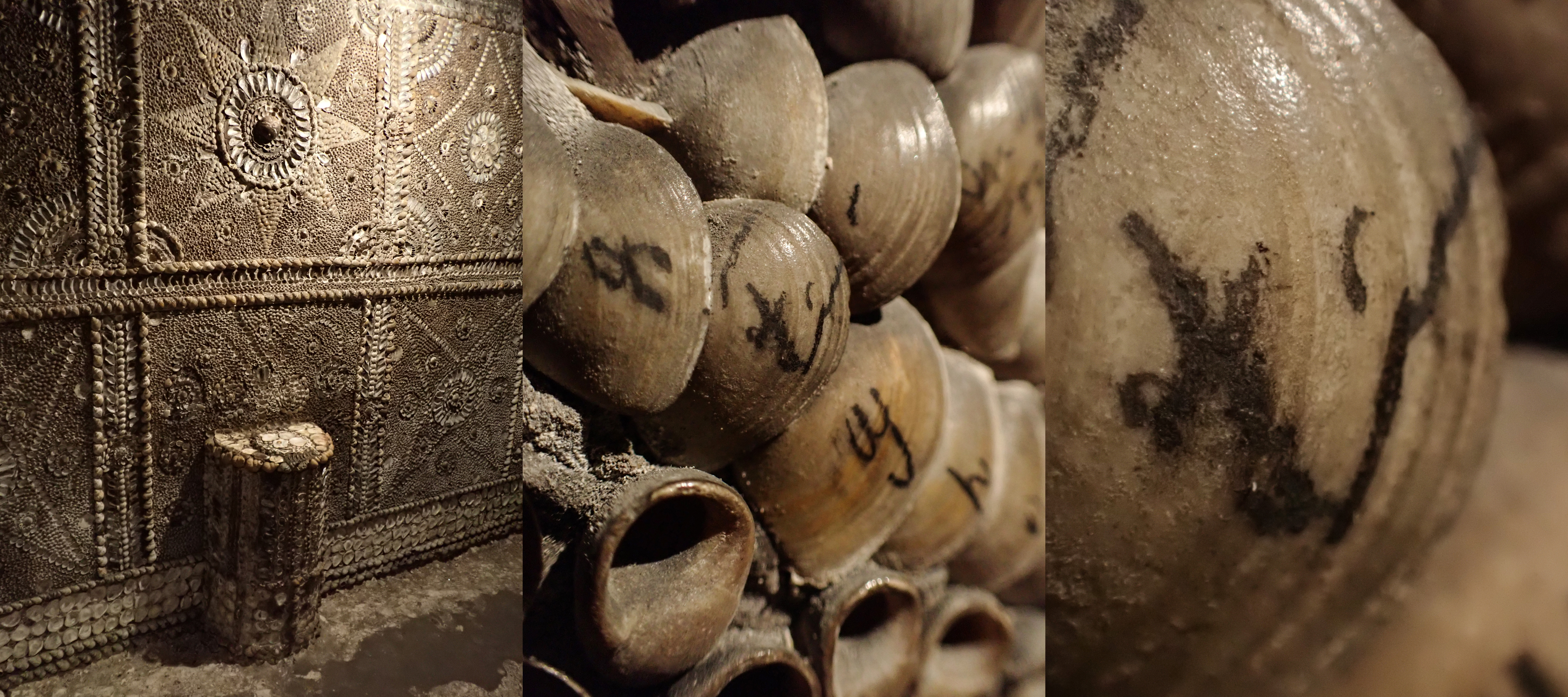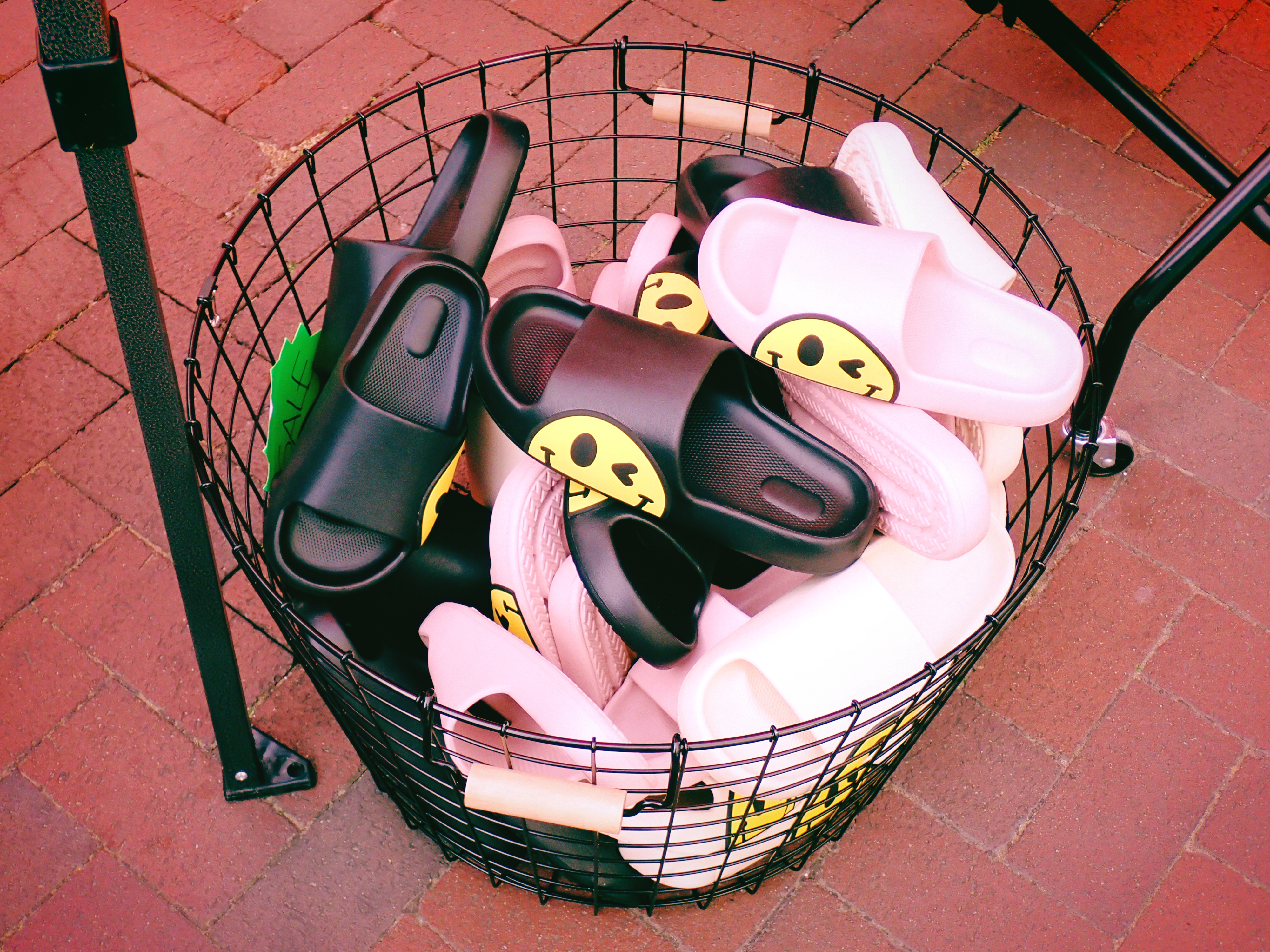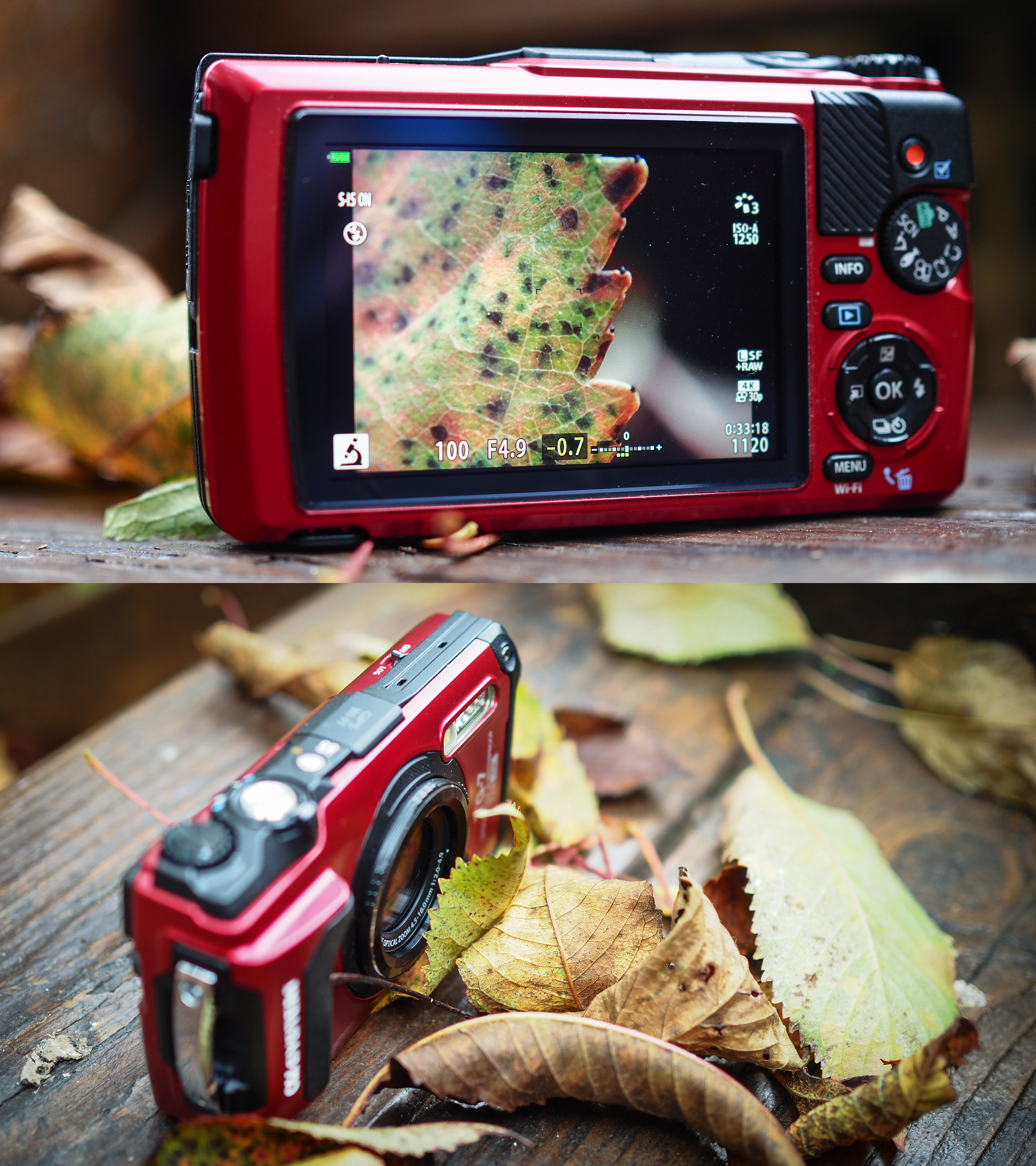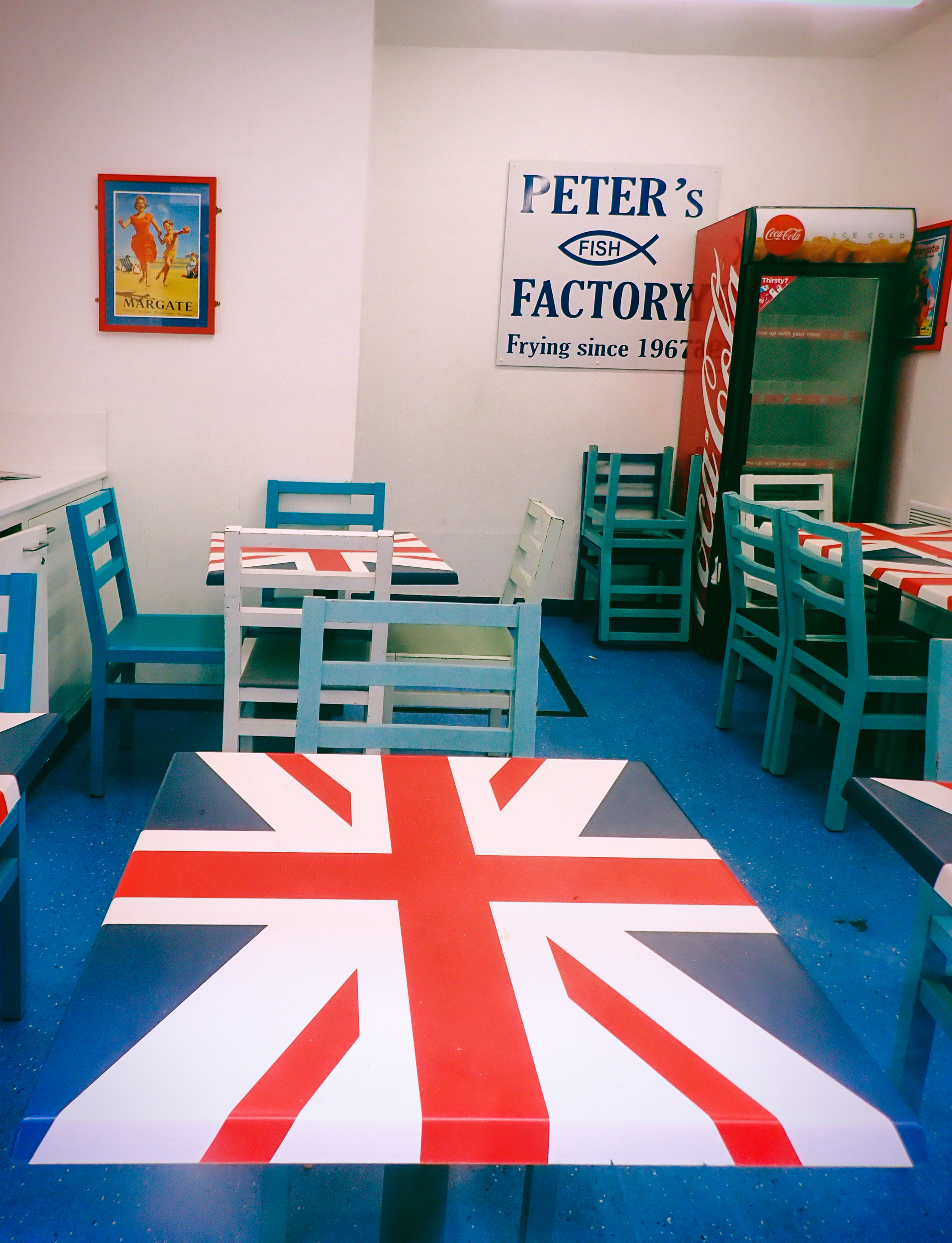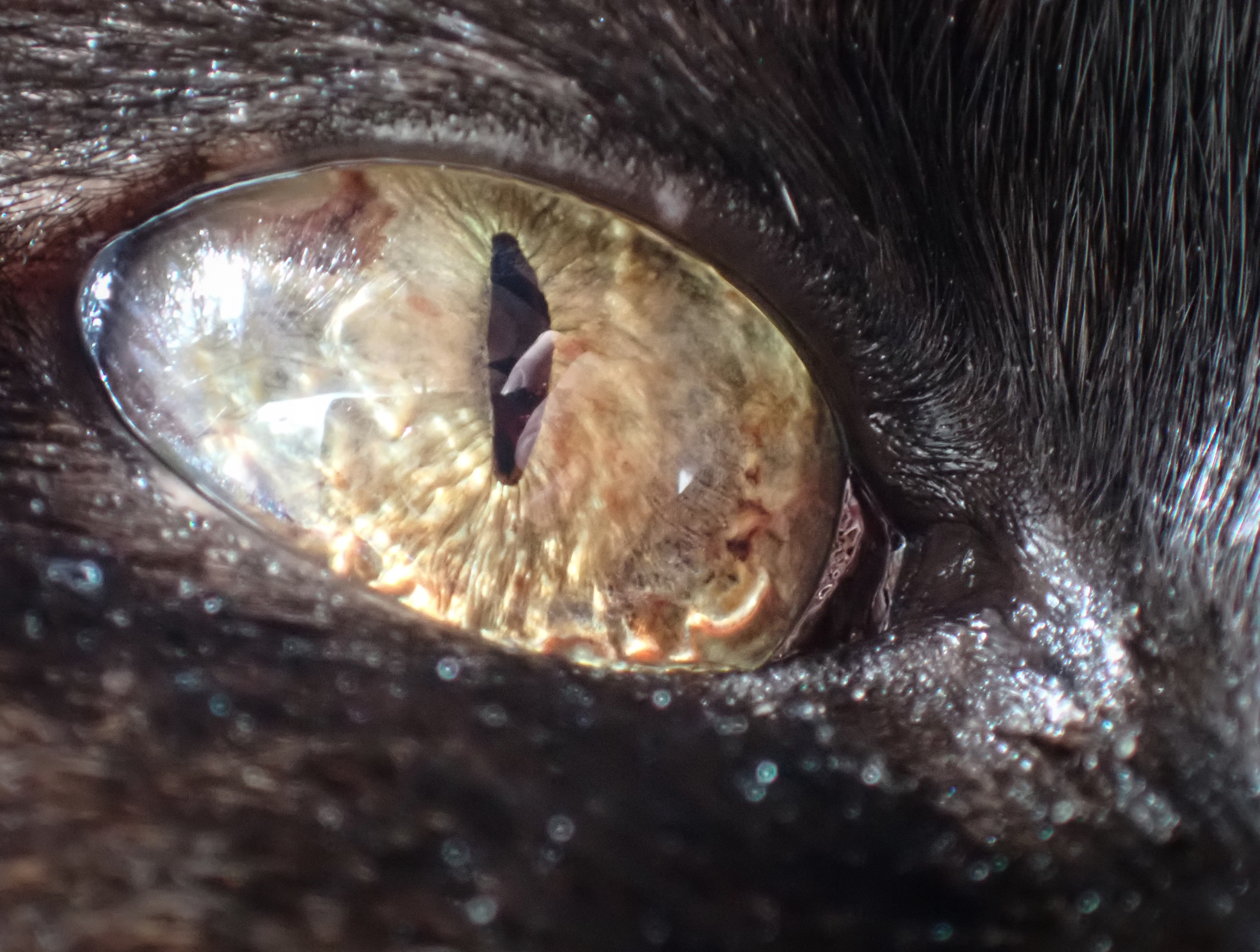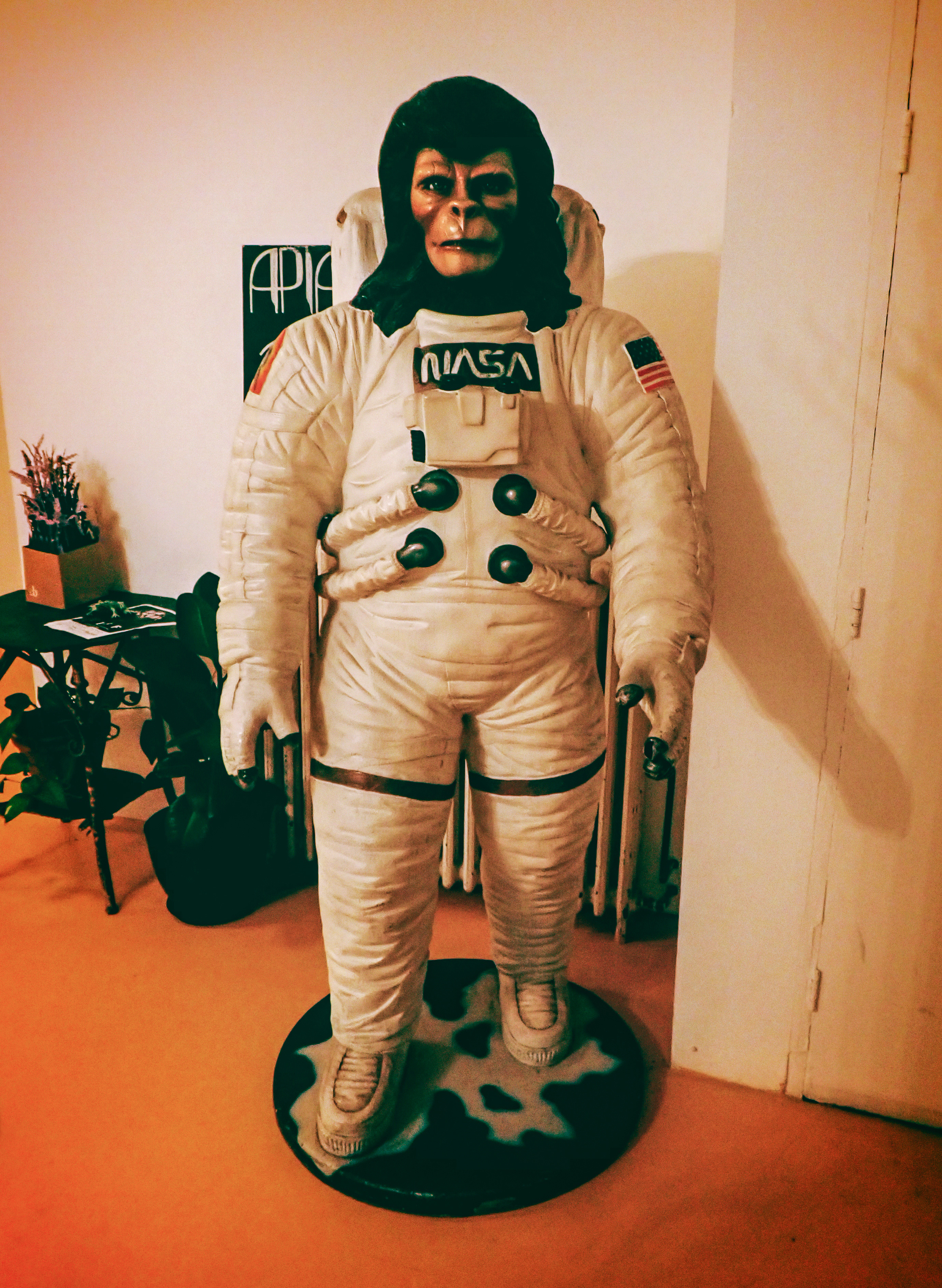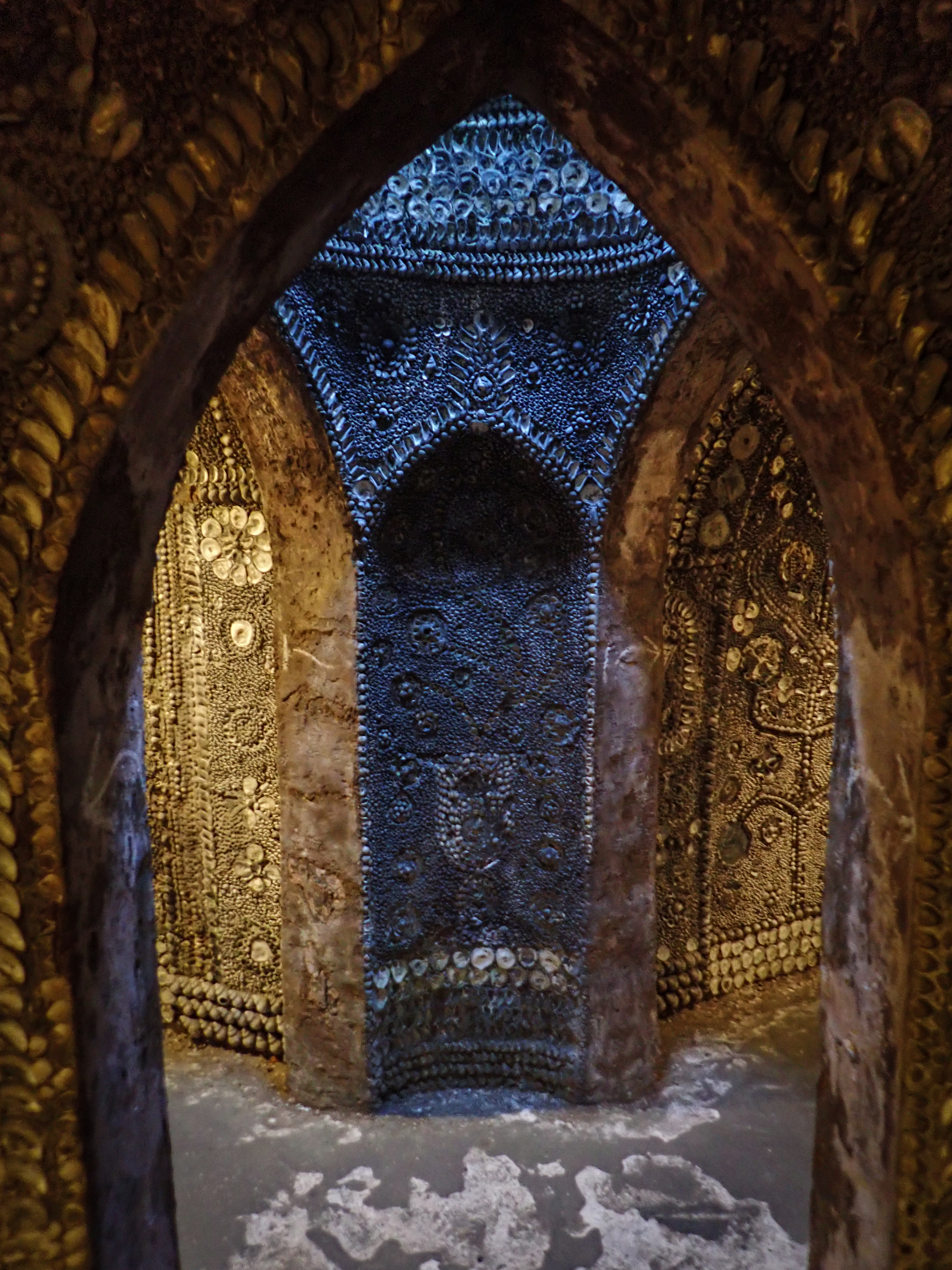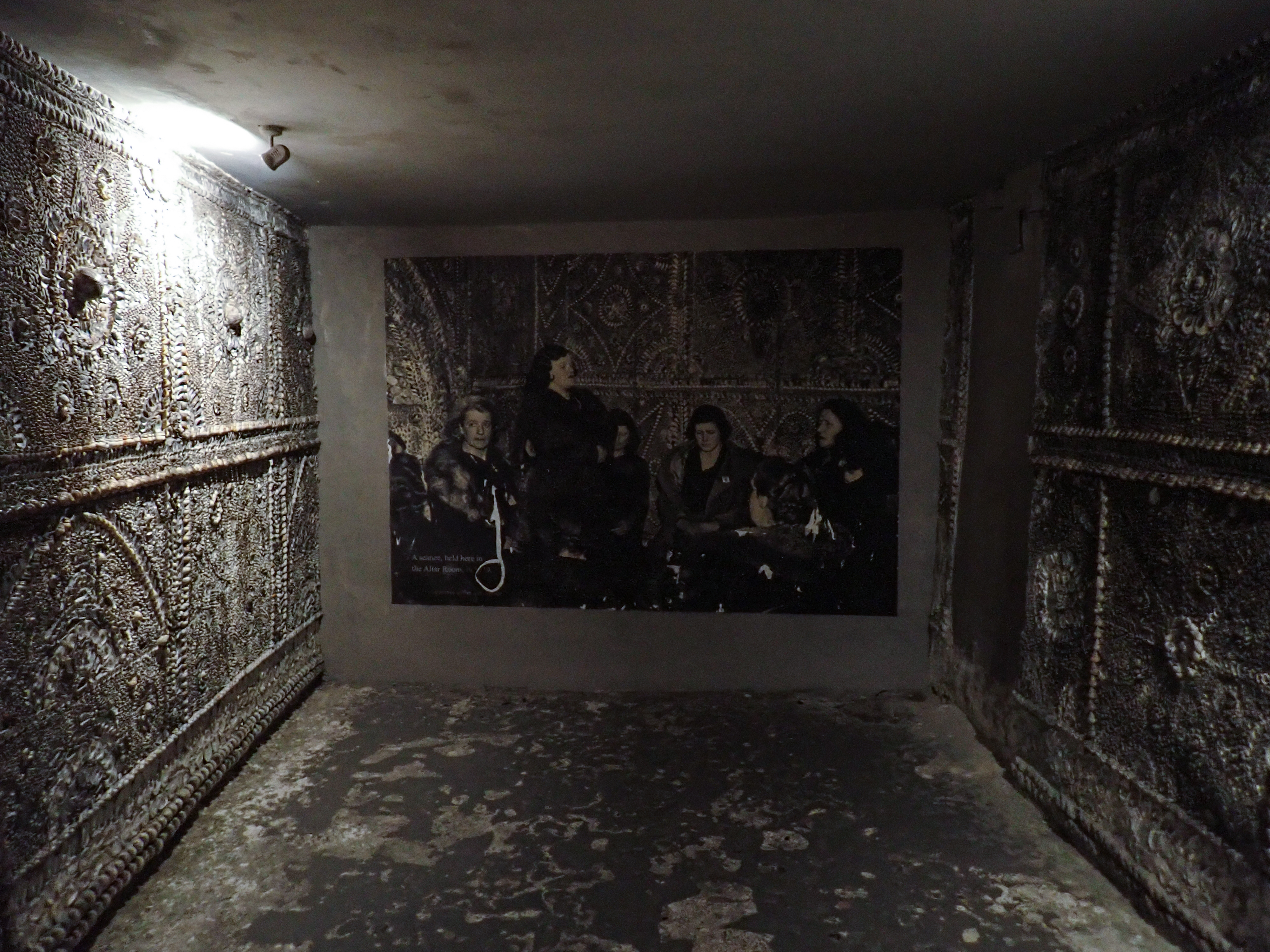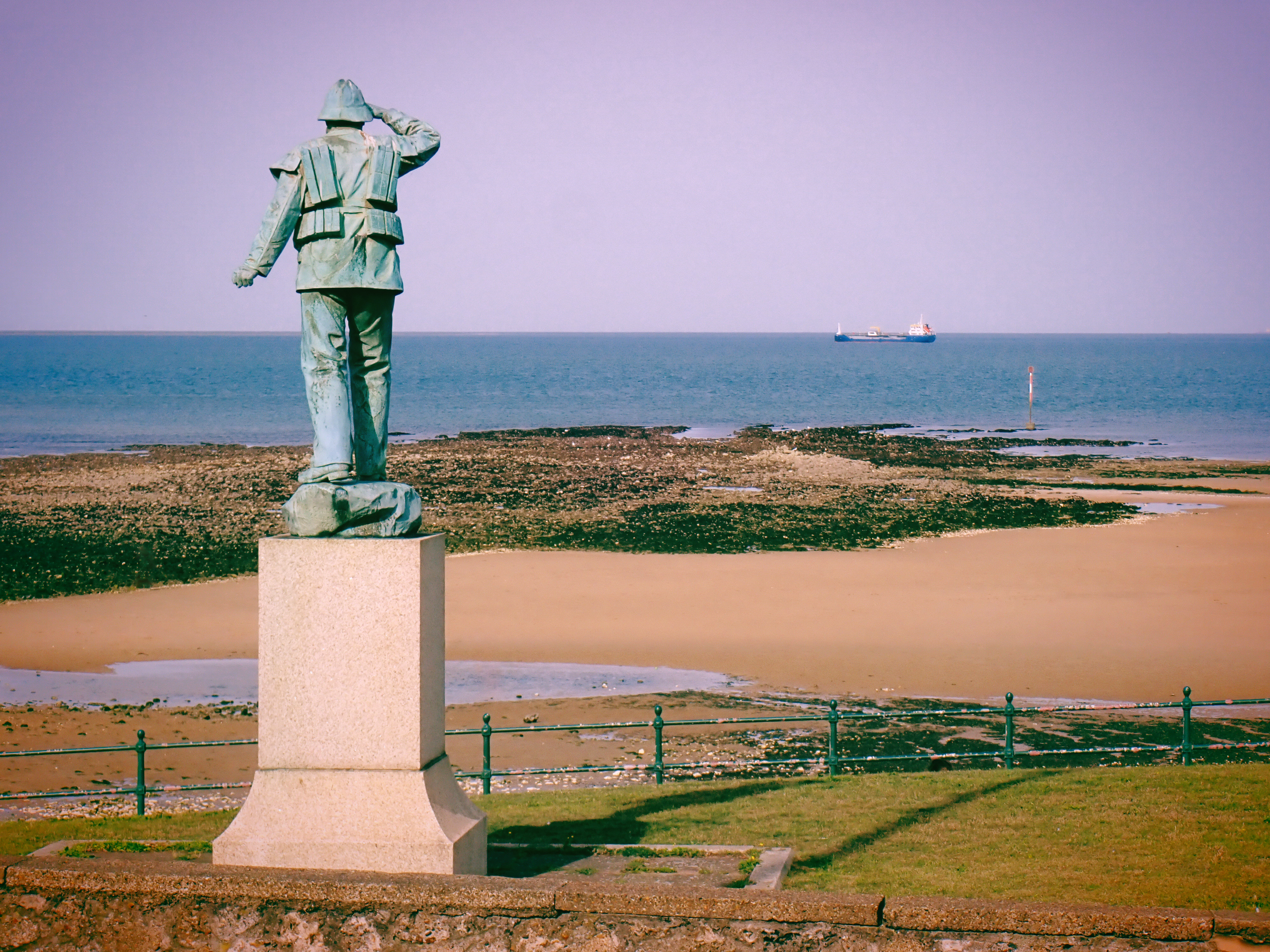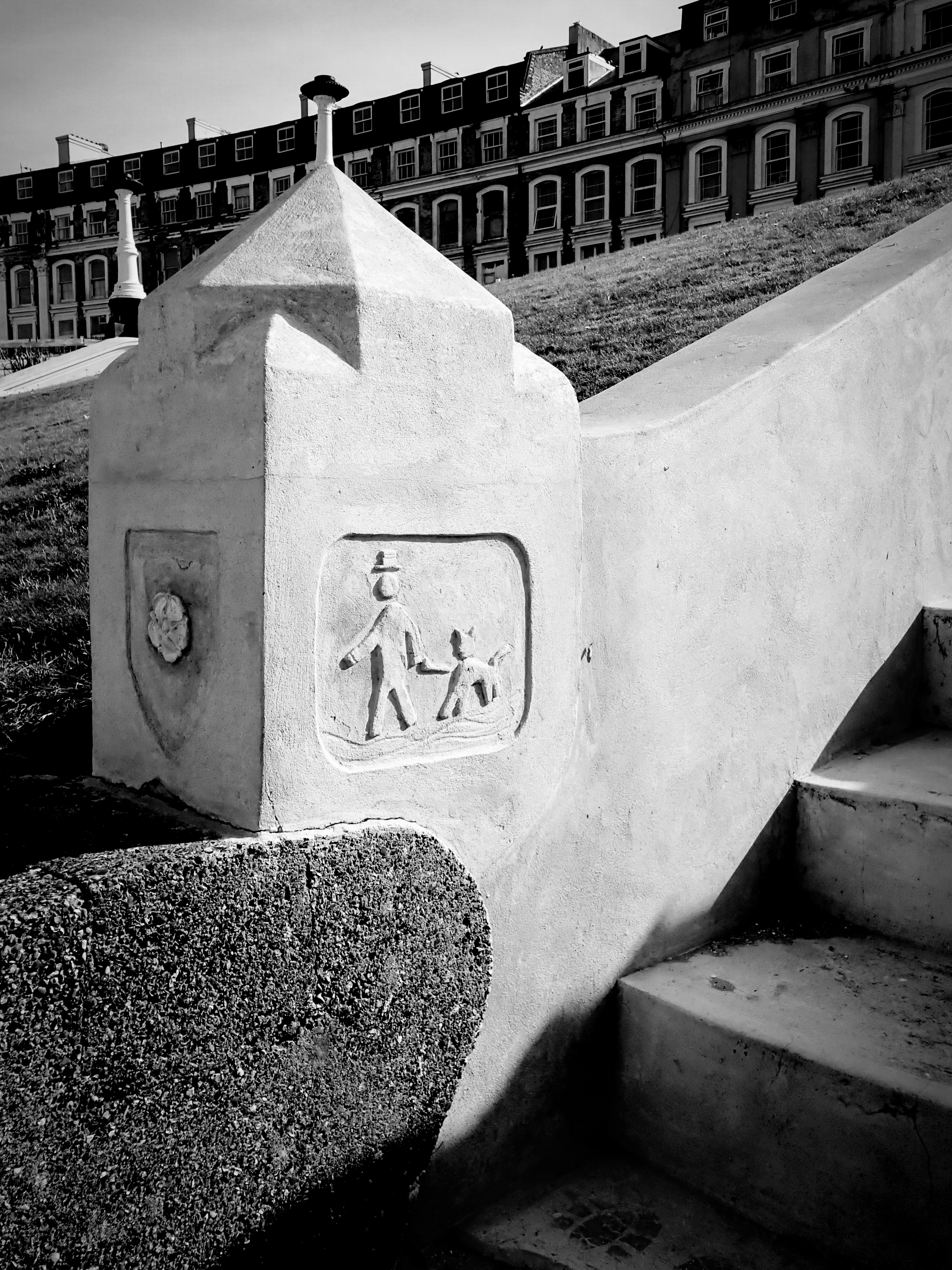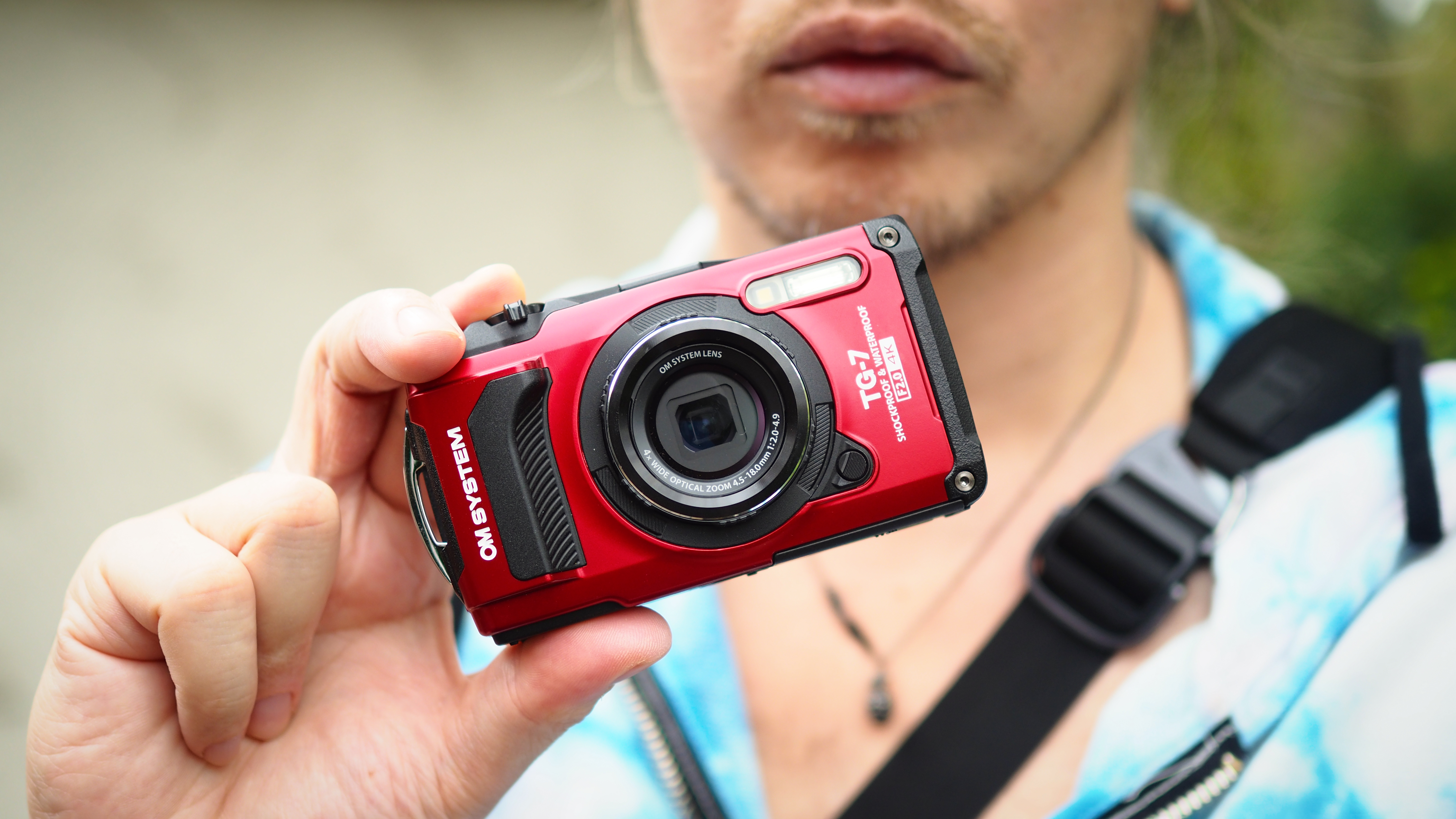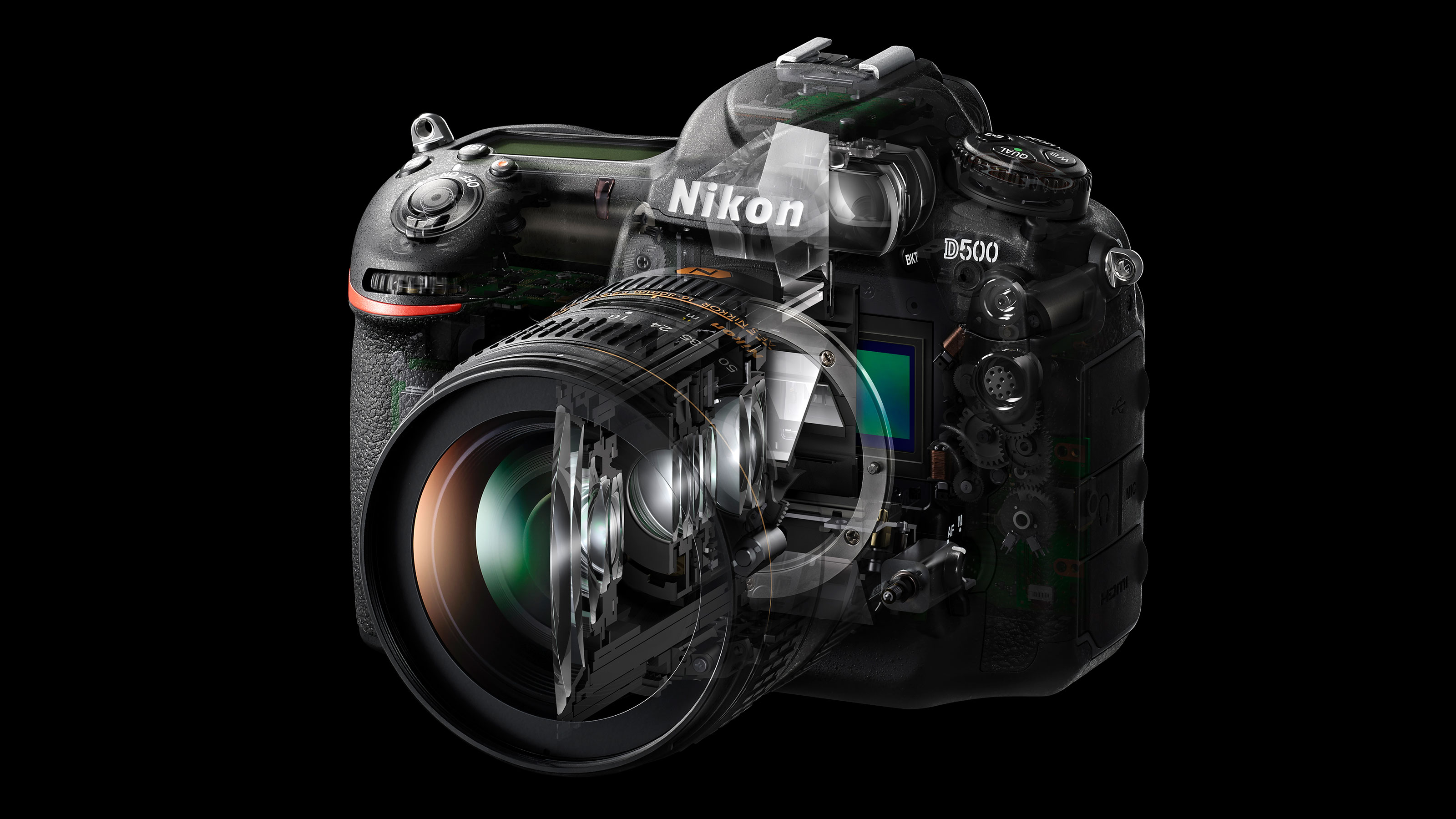Digital Camera World Verdict
The OM System Tough TG-7 is by far the best tough camera on the market. The specs, however, are very deja vu, making this feel more like an update and less of an upgrade. Almost everything is as it was on the TG-6, so if you already own the previous version there's really nothing new to see here. But being so similar to the TG-6 is no bad thing, since it's such a great device – and one that is no longer on sale. For anyone who needs a near-indestructible new camera, this is the one to go for.
Pros
- +
Virtually indestructible
- +
GPS & field sensor functions
- +
RAW images, 4K 30p video
Cons
- -
Virtually identical to the TG-6
Why you can trust Digital Camera World
Yeah, that picture above? That's the OM System Tough TG-7 sitting in a glass of water. With a cat taking a drink, just for good measure. Why? Well, why not?
After all, the camera is waterproof. I mean, seriously waterproof. Not waterproof like an iPhone, where you're scared to actually take it into water because it can get damaged by anything from the pressure in a shower head to the salt in seawater. No, the OM System Tough TG-7 is properly waterproof. So, there it is – just chilling in a glass of water while I write this review.
The OM System Tough TG-7 is a compact camera with a difference: it's waterproof, shockproof and freezeproof. It has a GPS as part of a full Field Sensor System that records things like the temperature as well as altitude. Perfect to record precisely what the conditions were if you're doing something like scaling Everest. Or to see how hot it was on the day you took a photo, or how high you were when you took a video while skydiving.
And it does so much more than that… but, crucially, not a lot more than its predecessor did. So how good is the OM System Tough TG-7, and does it merit an upgrade if you already own the Olympus Tough TG-6?
OM System Tough TG-7: Specifications
Image sensor | 12MP 1/2.33in CMOS |
Processor | TruePic VIII |
Lens | 25-100mm (full frame equivalent) f/2.0-4/9 |
Autofocus | TTL iESP contrast detect |
Stabilization | Electronic (Movie IS) |
ISO | 100 - 12,800 |
Burst shooting | 20fps (Pro Capture 10fps) |
Buffer | RAW 46 / JPEG 74 |
Video | 4K 30p, FullHD 120p, HD 240p, SD 480p (29m59s limit) |
Vertical video | Yes |
Screen | 3.0 inch LCD, 1.04m-dot |
Battery | LI-92B Lithium-ion Battery |
| Color options | Red or black |
Weight | 249g (including battery and memory card) |
Size | 113.9 x 32.7 x 65.8mm |
OM System Tough TG-7: Key features
Let's start with the crucial stuff: just how "everything proof" is this camera?
Well, it's waterproof to 50 feet / 15 meters (that's as deep as 5 Olympic swimming pools), freezeproof to 14°F / -10°C (twice as cold as the average temperature in Russia), shockproof to drops from 7 feet / 2.1 meters (the same as falling off Shaquille O'Neal's head) and crushproof to 220 pounds / 100 kilos (which is like being stood on by a giant panda).
It also possesses a full Field Sensor System, which records GPS (location), thermometer (air and water temperature), manometer / barometer (altitude / water depth) and compass (direction of filming) data with your images and videos. Ideal for indexing your files in libraries, creating geotagged maps and itineraries, or just for extracting cool info from an excursion.
The best camera deals, reviews, product advice, and unmissable photography news, direct to your inbox!
In terms of traditional camera specs we're looking at a 12MP back-illuminated 1/2.3-inch sensor, with a 4.5-18.0mm f/2.0-4.9 lens. In full frame (35mm) terms that gives you a 25-100mm equivalent focal range, and it doubles as a macro lens with 10mm close focusing (offering 4x optical magnification).
It shoots bursts of up to 20fps, with a buffer of 74 JPEGs or 46 RAWs. In Pro Capture mode – in which the camera starts buffering images when you half-press the shutter, so you capture the moment before the moment – it boasts a 10fps burst with 5 pre-frame shots.
For video the TG-7 can record 4K up to 30p, FullHD (1080p) up to 120p, and if you wat to sacrifice resolution for super slow-mo you can record in HD (720p) at 240p or SD (320p) at 480p.
OM System Tough TG-7: Build & handling
While the core specifications haven't seen much change from the TG-6, the external design of the TG-7 has certainly had an overhaul. In terms of handling, the front grip is now much steeper so you can get a better handhold. And it, along with the thumbrest on the back, now have textured grooves to improve purchase – which is very welcome, particularly when the camera is wet (and when your fingers are cold).
Otherwise, the layout and controls are as you remember them, though of course the Olympus logo is now replaced by an OM System one. Note that the rear screen doesn't offer touch control (because it is made of thick, Gorilla Glass-like material so it won't break), though the color reproduction does indeed seem to have been improved over the previous model.
As a compact camera, the TG-7 primarily offers point-and-shoot functionality; the mode dial offers standard auto, aperture priority and program modes (though there is a context-sensitive control wheel on top that can be toggled between aperture and shutter for manual control depending on the mode).
A well-located lever sits in front of the shutter to electronically zoom in or out (including in macro mode), a very tiny record button (which can be tricky to depress with gloves on) enables you to immediately capture video, and a switch on top of the camera can quickly toggle Log mode to record environmental info (including GPS data) – great to knock off when you're worried about battery life.
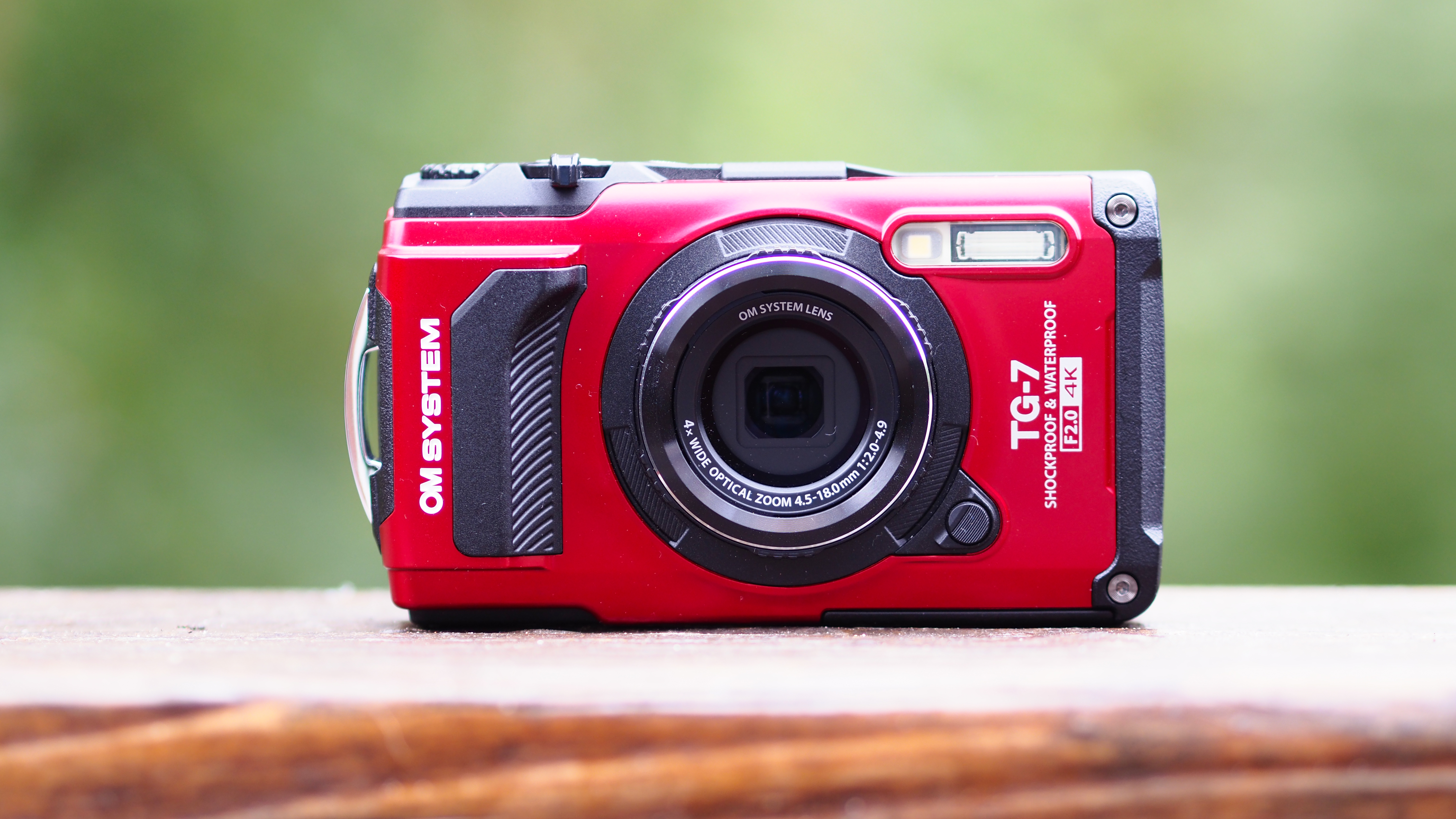
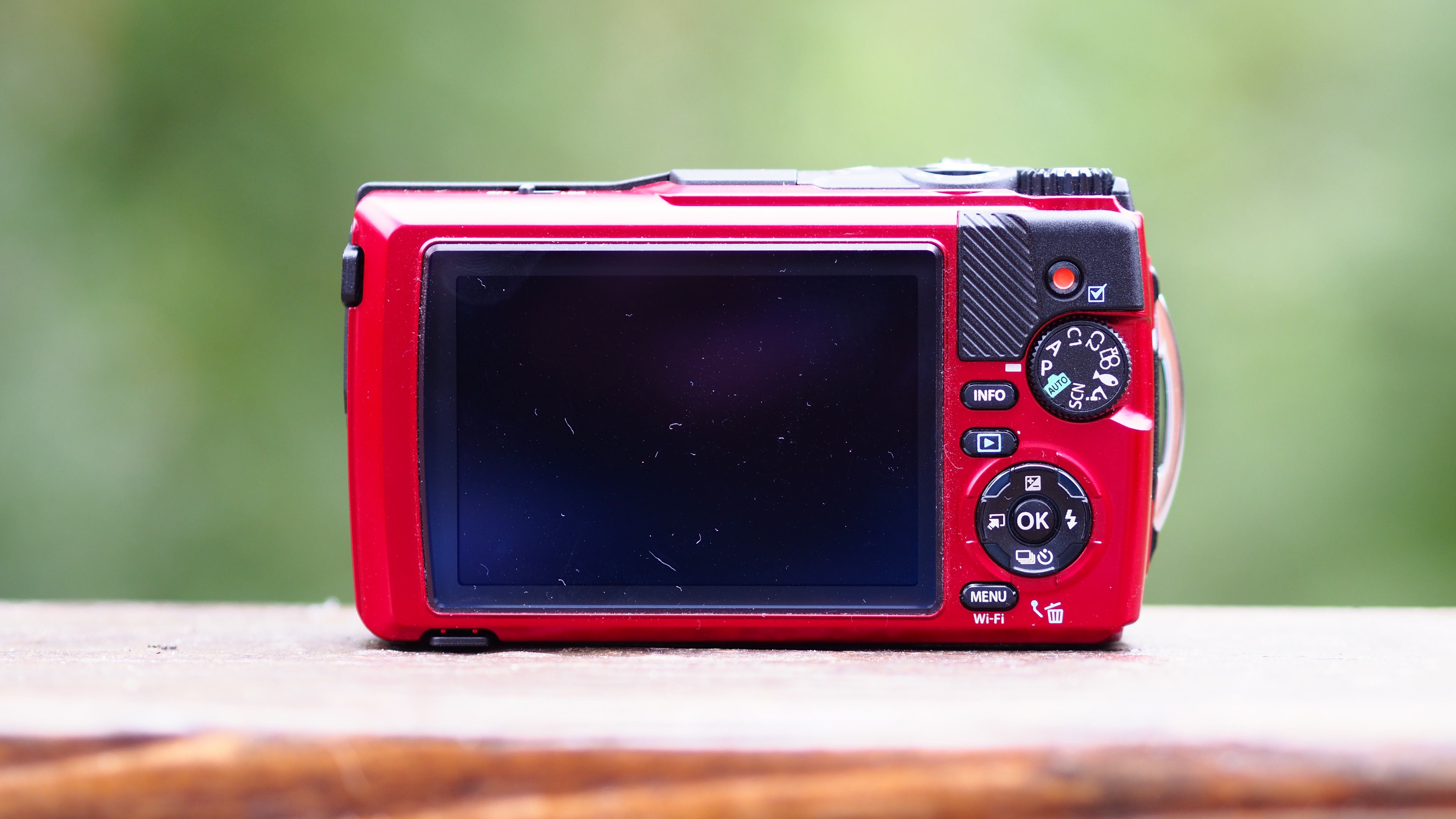
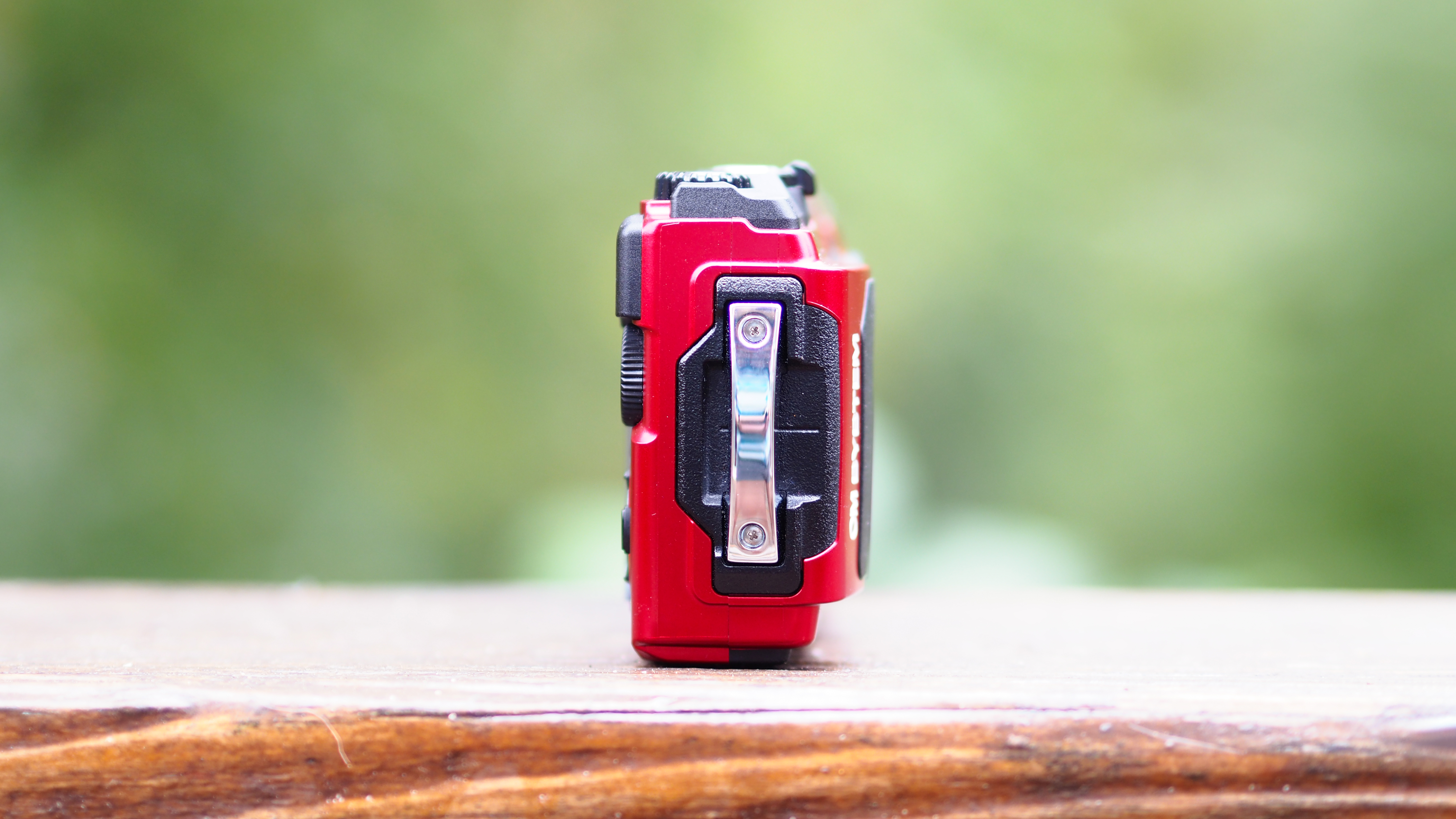
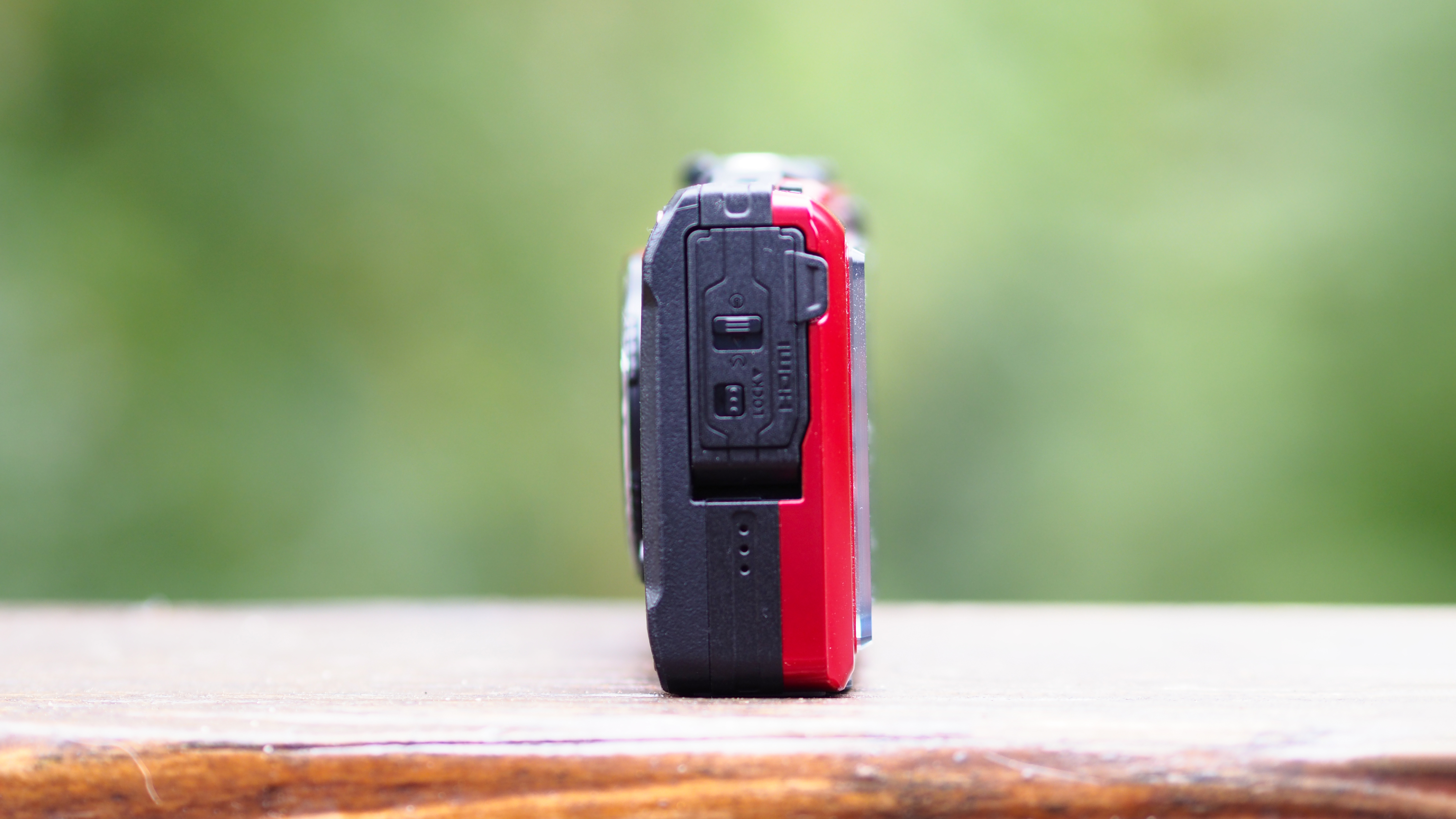
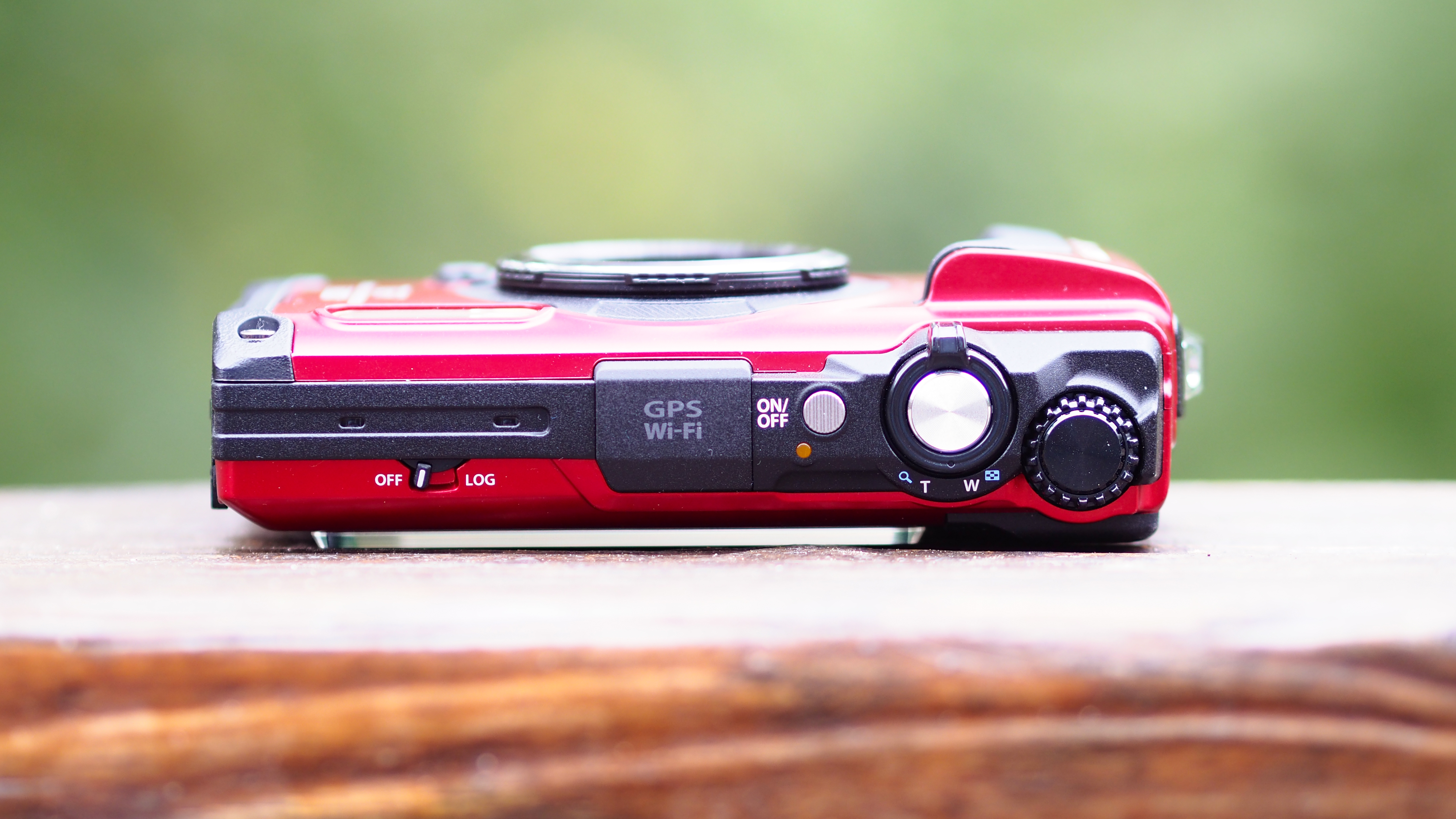
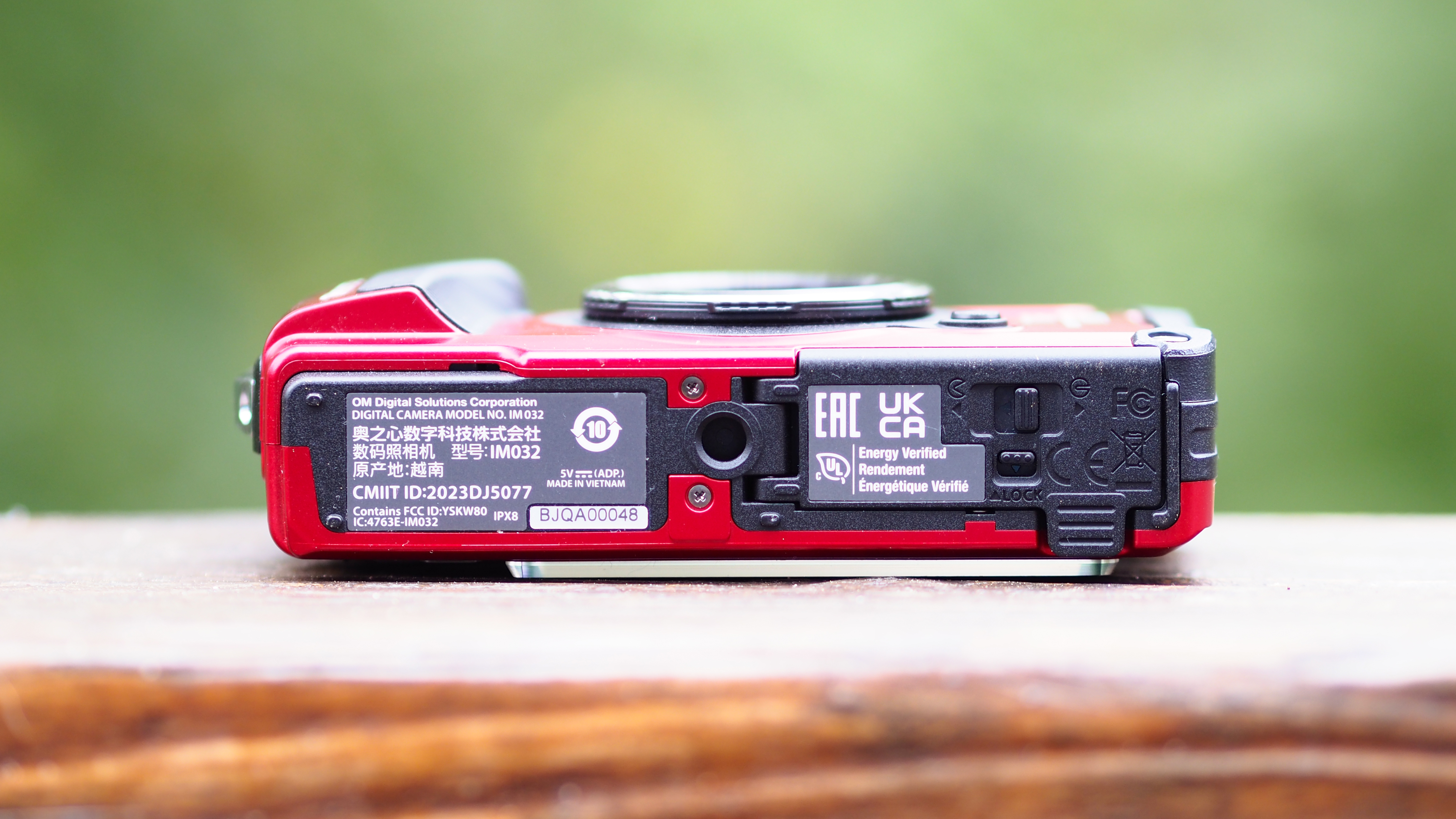
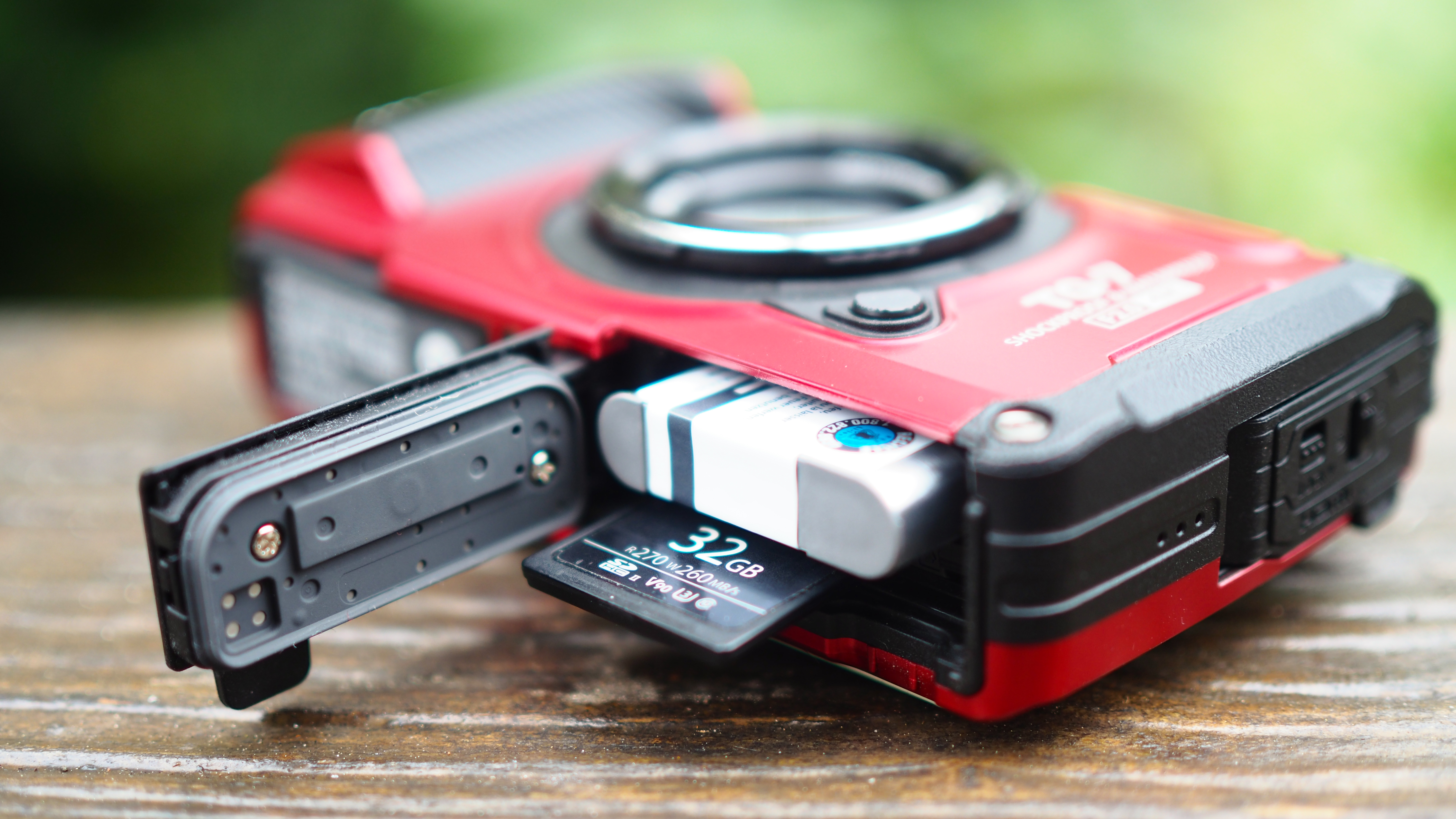
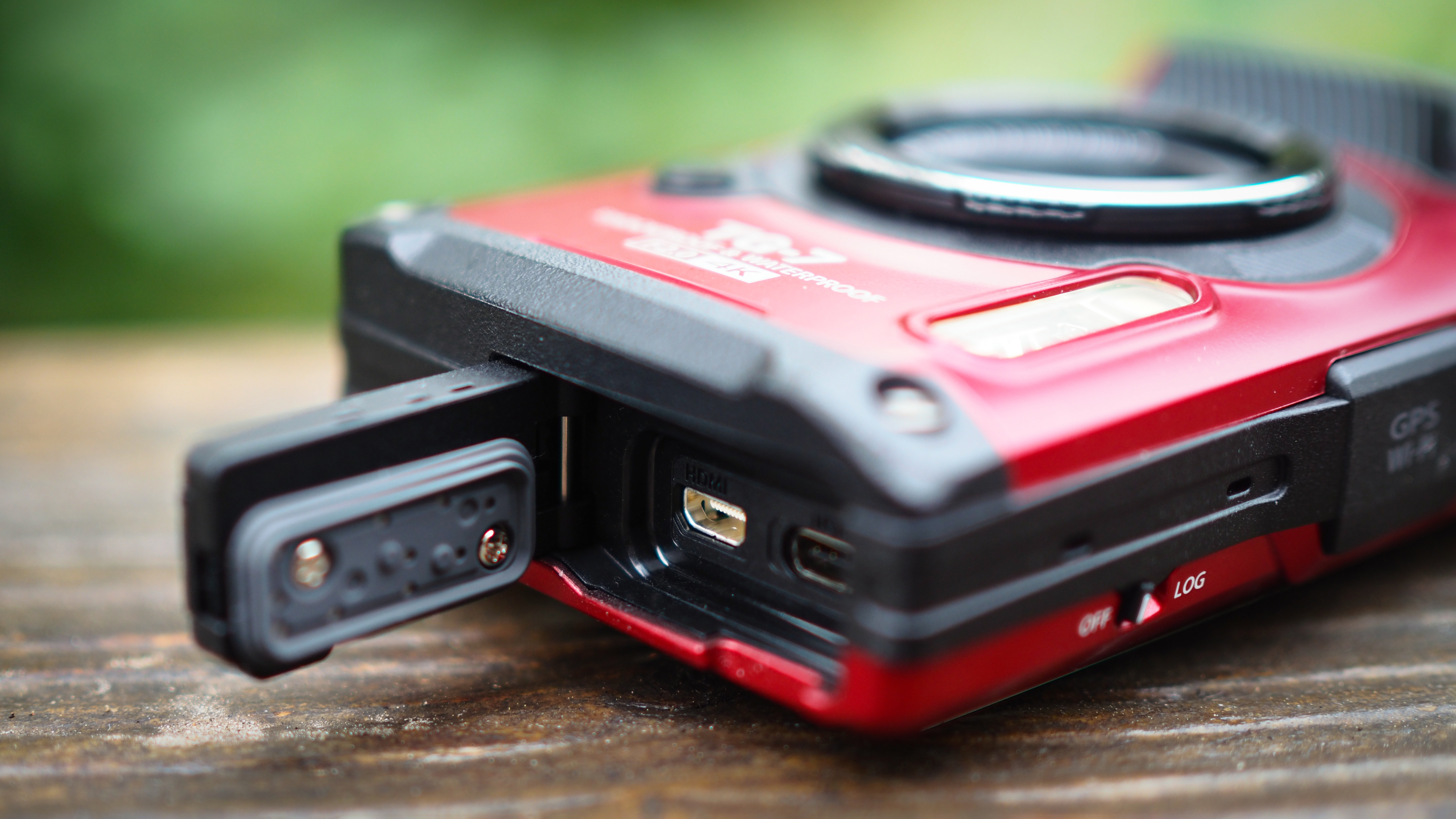
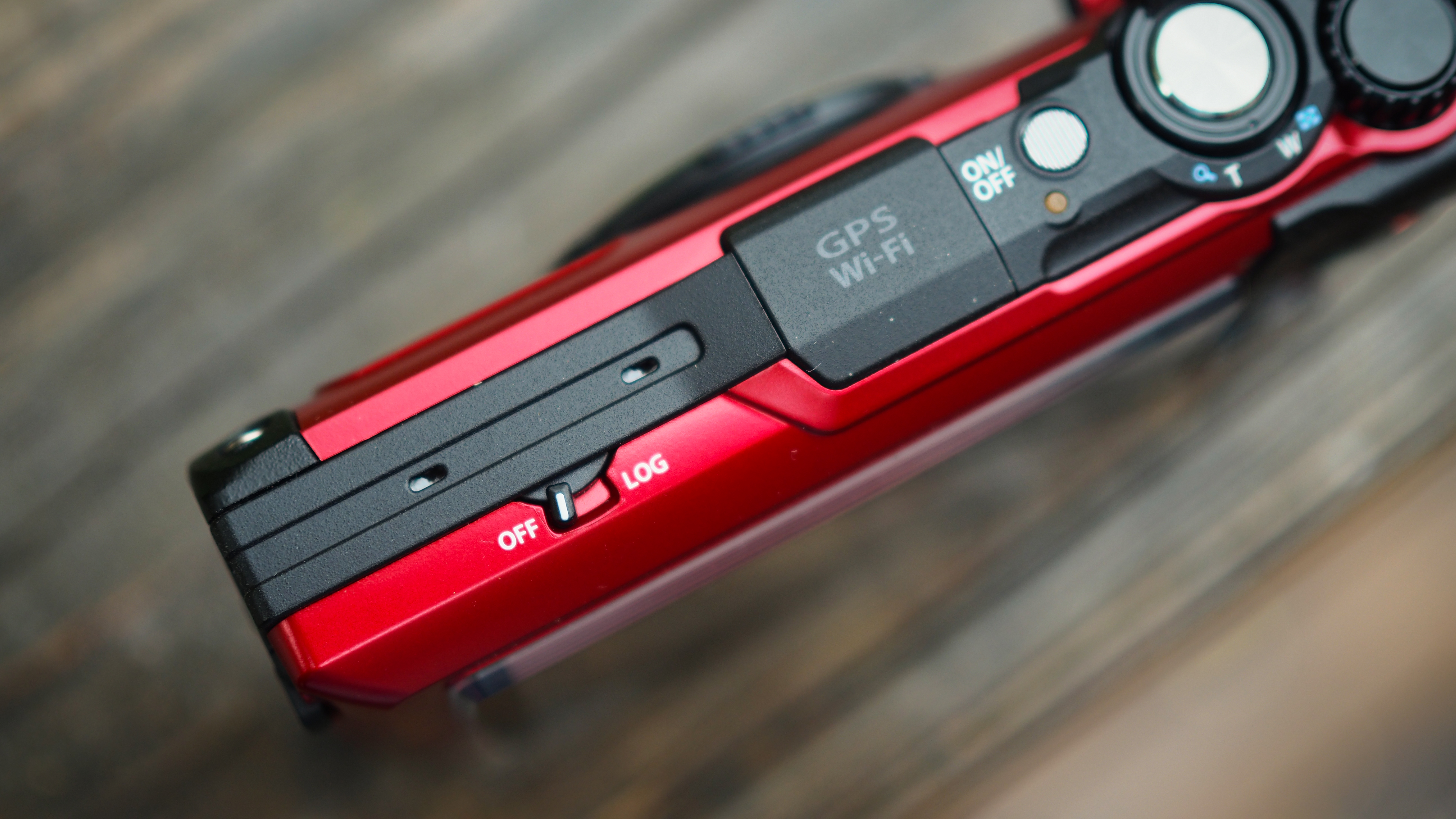
The doors leading to connections and memory card slots are protected like Fort Knox, with double-locking switches and thick rubber seals to prevent liquids or particulates from entering. And yes, among the connections is a USB-C port for charging.
Less protected is the camera lens itself, although like the rear LCD it's made of uber-tough material that is repellent to fingerprints, water or grime. Any crud that builds up can easily be wiped off with a t-shirt or napkin – though I would suggest buying OM's irising lens cap that can be mounted to the front, just to make life a bit easier.
The on-camera flash is worthy of note, as it can be quickly toggled from Fill to Red Eye to Slow to Full (manual) to Remote Control to LED – the latter emitting a continuous light that can be great for those moments when flash is too intrusive.
Also worth noting is that the camera comes in two colorways – and unlike most cameras, these are actually functional. The black version looks more like a standard compact camera, but the red option is extremely useful since it makes it much easier to spot the camera if you drop it at the bottom of a swimming pool or in the snow or anywhere else. Trust me – I've almost lost my TG-6 a couple of times when taking it in the sea, and it's much easier to see a camera that's panic button red!
OM System Tough TG-7: Performance
No surprises here – the TG-7 performs identically to the TG-6. After all, it features the same image sensor and image processor, so there's really no difference in what the camera can deliver: JPEGs straight out of camera that look fantastic, with RAW files that offer plenty of latitude for editing, with electronically stabilized 4K video on par with what you'd get from a decent smartphone – along with slow-mo and super slow-mo options that are low in resolution, but still perfect for social media.
In terms of what's new, the camera now supports vertical video – so the aforementioned socialling is a little easier than before. There's also a cool new 299-image interval shooting function, which enables you to create timelapse movies (supported by an intelligent exposure function that keeps your frames consistent, even in changeable conditions).
There is also an optional Construction mode in the Scene menus that caters to industrial applications for the camera. They won't be super useful to most photographers, but having quick modes for things like panoramas and document scanning will really make life easier for a certain category of user.
Another new feature is the remote control option. Like all OM System cameras, the TG-7 can be paired with the OM.share smartphone app. The primary function here is to quickly transfer your files for easy sharing, but it can also be used to shoot remotely from your phone – perfect if, for example, you want to leave your camera at the bottom of a pond and snap pictures of its inhabitants without getting wet.
However, the TG-7 can now be paired with a dedicated remote control, too, meaning that you don't need to mess about with the app if you want to take a quick selfie or shoot a series of stills or videos remotely.
Other reviewers have commented that the long-in-the-tooth tech is getting outclassed by modern smartphones, but I wouldn't agree. Certainly, the 12MP sensor and TruePix VIII processor are at least two generations old now, but I'll take the JPEGs (let alone the RAWs) that the TG-7 produces over those of the latest iPhone any day. Not to mention focus stacking, Live Composite, Pro Capture, 20fps bursts, full exposure control, adjustable white balance, true optical zoom…
Granted, video is not the TG-7's strongest suit – evidenced by the fairly basic options on offer. But again, this isn't intended to be the best camera for video – it's intended to be the best waterproof camera. Which it is. Sure, the iPhone 15 Pro or Pansonic S5 IIX might shoot "better video", but can they shoot it in a snowstorm, or in a desert, or in the middle of a Tough Mudder contest? For its intended purpose, the Tough's video is absolutely good enough.
A special shoutout should go to the camera's macro capabilities, too. Most compact cameras don't offer this, let alone waterproof compacts, so for the TG-7 to feature such great macro performance is a huge plus. Since this is basically an outdoor / travel / roaming camera, the ability to get super-close to a creature you spot while snorkelling or out on a hike really adds value.
OM System Tough TG-7: Verdict
Yes, the OM System Tough TG-7 shares a lot of similarities with the Olympus Tough TG-6 – except for the fact that you can't buy the TG-6 any more, as it's been discontinued.
Sure the tech isn't cutting edge any more, but short of adding phase detect autofocus (which, let's be honest, isn't coming to a compact like this any time soon) or a higher resolution sensor (which previous Toughs have had, but traded up pixels for better low light performance) what more could we really ask for?
You're not buying this camera for a fancy autofocus system or millions of megapixels; you're buying this camera because you want to take great photos while you're swimming in the ocean, or while your kids are playing in the sand, or when you're hiking through the mud, or when you might drop it on some rocks, or when you're in the freezing snow or the middle of the desert.
The OM System Tough TG-7 remains the best everything-proof camera on the market, and is an essential all-round compact camera for vacations, adventures, travel and everyday photography.
OM System Tough TG-7: Sample images
OM System Tough TG-7: Alternatives
The TG-7 closest competition is the 4-year-old Ricoh WG-6, or the largely identical (but also chemical-resistant) Ricoh G900, which offers some compelling specs (including a 20MP sensor and 28-140mm focal range) but falls short on the performance front. It's significantly cheaper than the OM System option, but can't match the image quality and lacks even simple features like WiFi connectivity.
If you're looking for something weatherproof that's built for video rather than stills, the GoPro Hero12 is as good as action cameras get – though you might prefer to save a little cash and go for the still-brilliant GoPro Hero11 Black.
You might be interested in the best action cameras or the best underwater drones for waterproof shooting, or you could try the best underwater housings for cameras and phones.

James has 25 years experience as a journalist, serving as the head of Digital Camera World for 7 of them. He started working in the photography industry in 2014, product testing and shooting ad campaigns for Olympus, as well as clients like Aston Martin Racing, Elinchrom and L'Oréal. An Olympus / OM System, Canon and Hasselblad shooter, he has a wealth of knowledge on cameras of all makes – and he loves instant cameras, too.

